Not necessarily. I would have never lost any fat that way! I can’t go hungry so I need to eat at a deficit while being perfectly satiated all day (except maybe right before my meals). It was very, very easy on low-carb (very far from keto). I couldn’t do it on keto, though without lots of extra tricks. But I shouldn’t talk about myself that much.
Satiation and hunger is very, very tricky. I can’t even figure out my own body, sometimes I think I did but there are too many factors. And we aren’t robots, sometimes we need 3000 kcal on a sedentary day (at least me). I can seriously overeat while feeling starved too. But I can eat at a big deficit (for one day so it doesn’t matter I think but still. it’s rare but happens) while stuffing myself as much as I can. Much depends on the food choice and timing.
Really unlucky folks are hungry a lot even at maintenance while doing their best… It probably is easier on keto but not everyone can eat keto and some people are starving (the feeling, not the nutrition) on low-carb food anyway. Some people are odd 
I never noticed metabolism problems due to eating at a calorie deficit and I still don’t know if my regular higher-cal days had a hand in it… It would make sense.
But when we starve, i.e. eat at a too high deficit, it makes perfect sense to the body to slow down metabolism (and therefore start to funtion less well), I think almost everyone knows that. I know cases involving starving too, fat-loss was superb, keeping the fat off was a long term battle even in the super lucky case where it happened and it was a very short term starvation and a very young, quite healthy person so the metabolism could regenerate but it still wasn’t an easy time.
Of course, starving slims down everyone - except the ones who just die before that happens. We can’t make energy from nothing. But some people can live on surprisingly low cal, obviously sacrificing a lot of things in the process, muscles, proper body temperature, proper healing and who knows what, not me. I just know our normal maintenance energy need isn’t wasteful, we need that food to function right though we can get some energy from our body fat when needed. It’s usually not so much when one has little to lose. Sadly, we don’t have a proper mechanism that turns off hunger at the right deficit… Our bodies probably like some nice extra fat mass. Nice for them and the hypothetical famine, not for us. I easily keep my chubbiness on any woe I may willing to do (I hardly gain or lose ever under even remotely normal circumstances) but becoming a slim one…? That’s tough.
Many, many of us in this forum experienced that eating much on keto can’t help us to lose fat (after some point. when I started keto, I was already beyond that point). We should figure out how to eat little enough. (Or give it up or gain muscles etc. There are options.)
But we shouldn’t eat too little either (it’s a danger I can easily avoid but many people has a hard time with it).
Oh, calories and calculators… People, calculators have no idea about our energy and protein need at all. Yeah, they use some statistics and it’s some more or less educated guess, it may help people with absolutely no idea - but it may be very, very off. I always laughed at the super tiny numbers I got for maintenance and ate more and lost fat… And how someone can just eat according to calories? I can’t stop when still hungry… Or not to eat when hungry. If my body wants food, it gets food (or something worse happens than being a bit fat. I am a hedonist, I can’t suffer when I can avoid it).
I for one trust my own body WAY better than calculators who has no idea about me. Hey, I can’t even enter my body fat percentage as I don’t know that info. But many calculators don’t even want it. And individual factors and everything… CO is easiest to guess when sedentary but still pretty much impossible. But when some exercise is involved? I can’t even guess mine vaguely then. I just don’t know if some hiking is 800 or 2000 kcal, after all. Even our calorie intake is often impossible to even guess. And our body easily quicken (or slow down if we mess up something) our metabolism… In the end, tracking may be informative and a useful tool but we shouldn’t consider it a reliable one to guide us in our fat-loss journey (if we have that. I have a stalling journey but it’s fun enough). Some of us are simple enough to be an exception I guess, I believe I am one but only because I am not active and my body responds to eating little wonderfully (when I can trick it so it doesn’t throw a temper tantrum to get more food at night).
Soooo… It’s complicated but don’t ever focus on calories too much. I saw people using their tracking unhealthily. And it’s not natural to eat according to calories. Tracking may guide us a bit, I mostly use it to figure out what triggers overeating and what helps, what amount of protein I feel right and satiated but in the end, it’s normal to listen to our body, as long as it works well enough and know enough to do so. Mine is great since I introduced various low-carb styles to it.

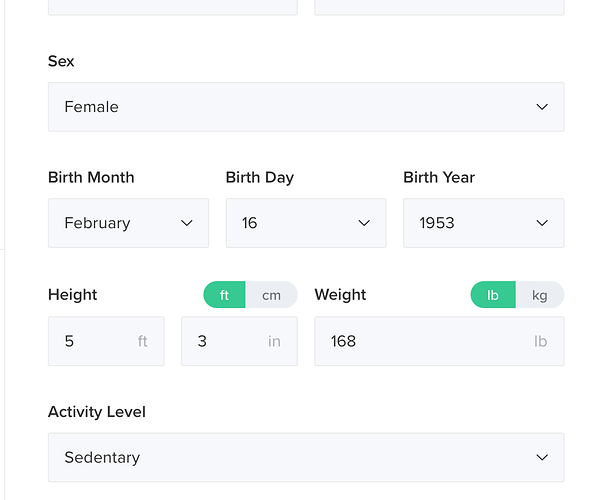
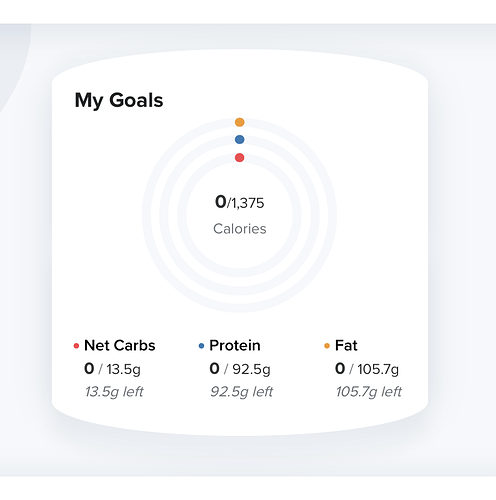
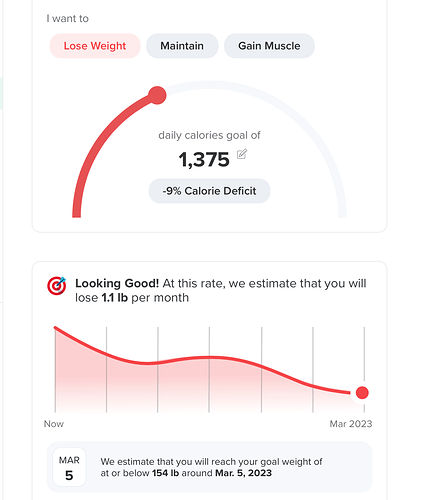
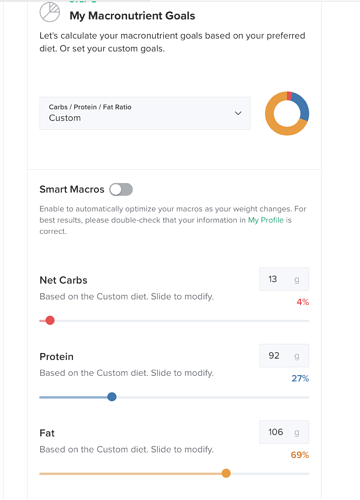
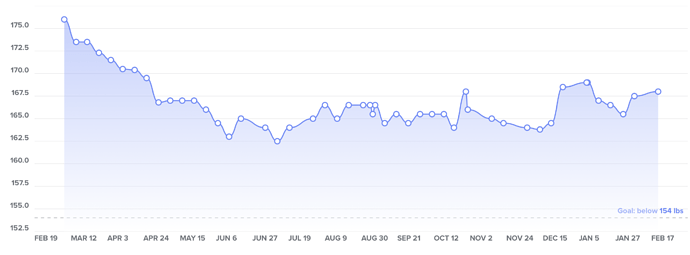
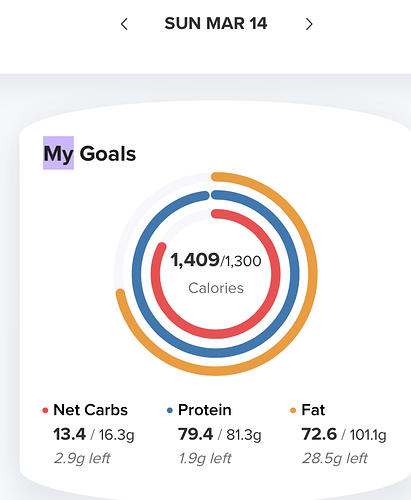
 Nothing too crazy and well chosen food though.
Nothing too crazy and well chosen food though.
 you haven’t started anything at all. You are cool and all is ok. Some threads can roll tough from the start but you did nothing off kilter at all!
you haven’t started anything at all. You are cool and all is ok. Some threads can roll tough from the start but you did nothing off kilter at all!